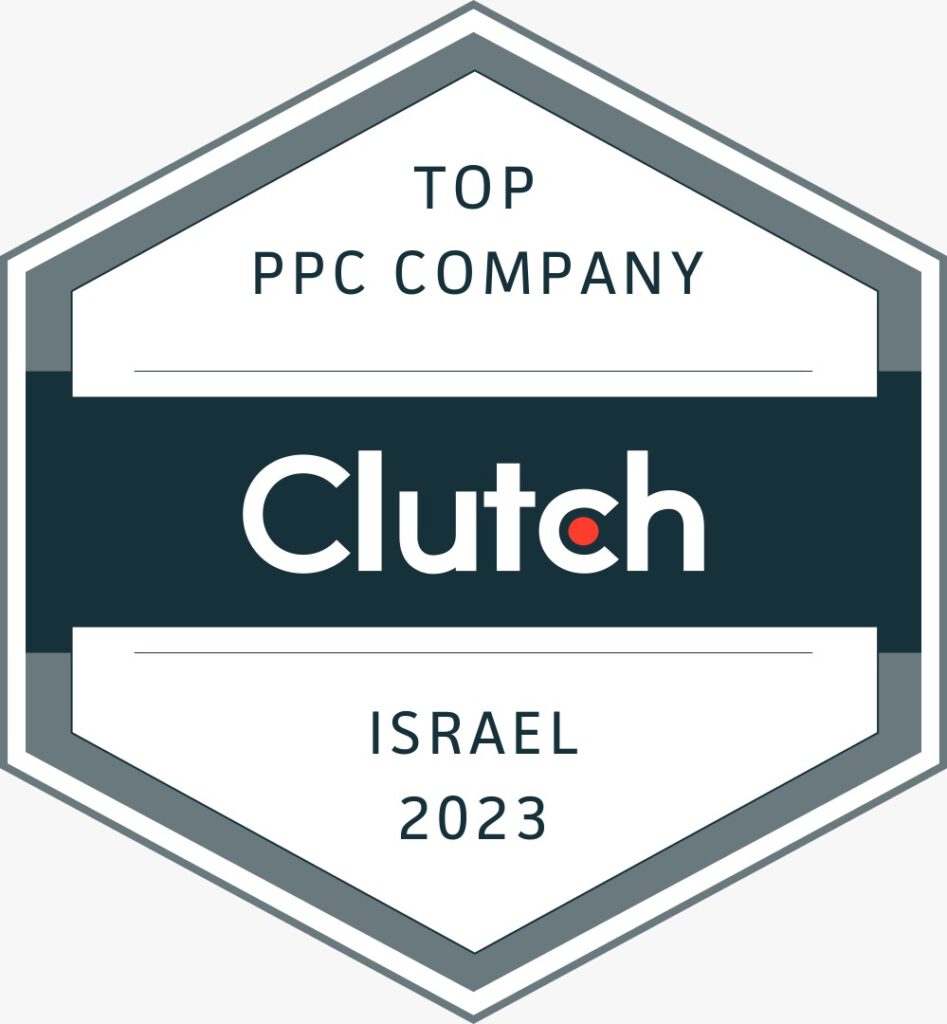Introduction
In today’s highly competitive business landscape, companies are constantly exploring different marketing strategies to gain a competitive edge and reach their target audience effectively. Two popular marketing approaches that businesses often consider are pay-per-click (PPC) marketing and traditional marketing. This article aims to compare and contrast these two strategies, highlighting their key features, benefits, and considerations.
-
Definition and Approach
Pay-Per-Click Marketing Companies: PPC marketing involves running online advertisements where advertisers pay a fee each time their ad is clicked by a user. These companies specialize in creating and managing PPC campaigns on platforms like Google Ads, Bing Ads, and social media networks. They employ keyword research, ad copywriting, and bid management techniques to maximize ROI.
Traditional Marketing Companies: Traditional marketing companies employ traditional channels such as print media, radio, television, billboards, and direct mail to reach a target audience. They focus on building brand awareness, creating memorable advertisements, and leveraging offline channels to engage potential customers.
-
Targeting and Reach
PPC Marketing Companies: One of the primary advantages of PPC marketing is the ability to target specific demographics, locations, and interests. Through platforms like Google Ads, PPC companies can reach a vast online audience and tailor campaigns based on user behavior, search intent, and browsing history. This level of precision targeting allows for a higher potential of converting leads into customers.
Traditional Marketing Companies: Traditional marketing companies have a wider reach in terms of targeting a mass audience through various offline channels. While their targeting options may be less specific compared to PPC, they can still reach a diverse range of potential customers. Traditional marketing is often considered more suitable for targeting local or regional audiences.
-
Cost and Budgeting
PPC Marketing Companies: PPC campaigns typically require an upfront budget allocation, as advertisers pay for each click on their ads. The cost-per-click (CPC) varies based on factors such as keyword competitiveness and industry. However, PPC campaigns allow for better budget control, as advertisers can set daily limits and adjust bids based on campaign performance. The immediate feedback and data available also enable efficient optimization to maximize returns.
Traditional Marketing Companies: Traditional marketing campaigns often involve higher costs due to factors like production, distribution, and media placement expenses. These campaigns require careful budgeting and may involve long-term commitments, such as purchasing ad space for a specific duration. While traditional marketing can yield significant results, the return on investment (ROI) may be more challenging to measure compared to PPC.
-
Measurability and Analytics

PPC Marketing Companies: PPC campaigns provide detailed analytics and measurable results, allowing advertisers to track key metrics such as impressions, clicks, conversions, and ROI. With accurate data, PPC marketing companies can optimize campaigns in real-time, adjusting keywords, ad creatives, and targeting parameters for better performance. This data-driven approach enables businesses to make informed decisions and allocate resources effectively.
Traditional Marketing Companies: Measuring the success of traditional marketing campaigns can be more challenging. Although techniques like coupon codes and tracking URLs can provide some insights, comprehensive data and real-time analysis are not as readily available. Traditional marketing relies heavily on market research, surveys, and customer feedback to gauge the impact of campaigns.
-
Flexibility and Adaptability
PPC Marketing Companies: PPC marketing allows for quick campaign adjustments, offering flexibility to test different strategies, keywords, ad placements, and targeting options. Advertisers can monitor campaign performance and make data-driven decisions to optimize conversions. This agility enables businesses to adapt their marketing approach swiftly and respond to changing market dynamics.
Traditional Marketing Companies: Traditional marketing campaigns generally require more lead time for planning, production, and distribution. Changes and adjustments during a campaign can be time-consuming and costly. However, traditional marketing provides opportunities for creative storytelling and brand-building through tangible mediums, which can resonate with certain audiences.
Conclusion
Choosing between PPC marketing companies and traditional marketing companies depends on various factors, such as business goals, target audience, budget, and desired outcomes. PPC marketing excels in precise targeting, measurability, and agility, making it suitable for businesses seeking cost-effective and data-driven results. On the other hand, traditional marketing offers broader reach, brand exposure, and creative storytelling possibilities. Ultimately, a well-rounded marketing strategy may incorporate elements from both approaches to maximize impact and meet specific business objectives.












